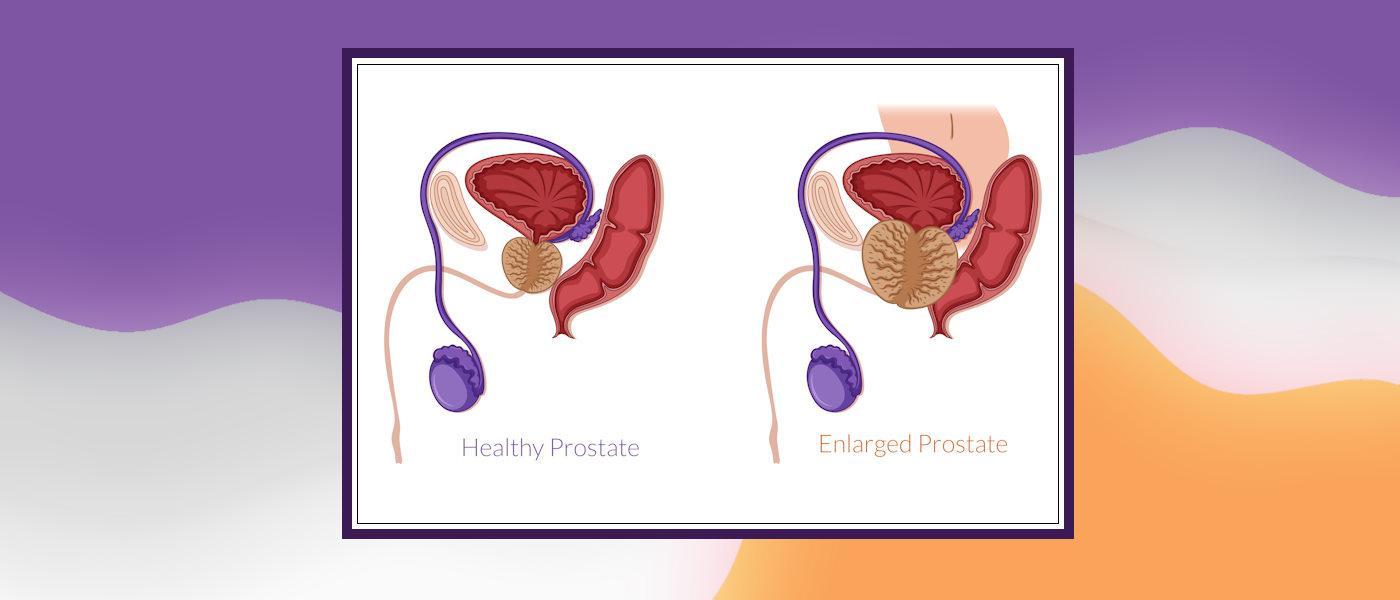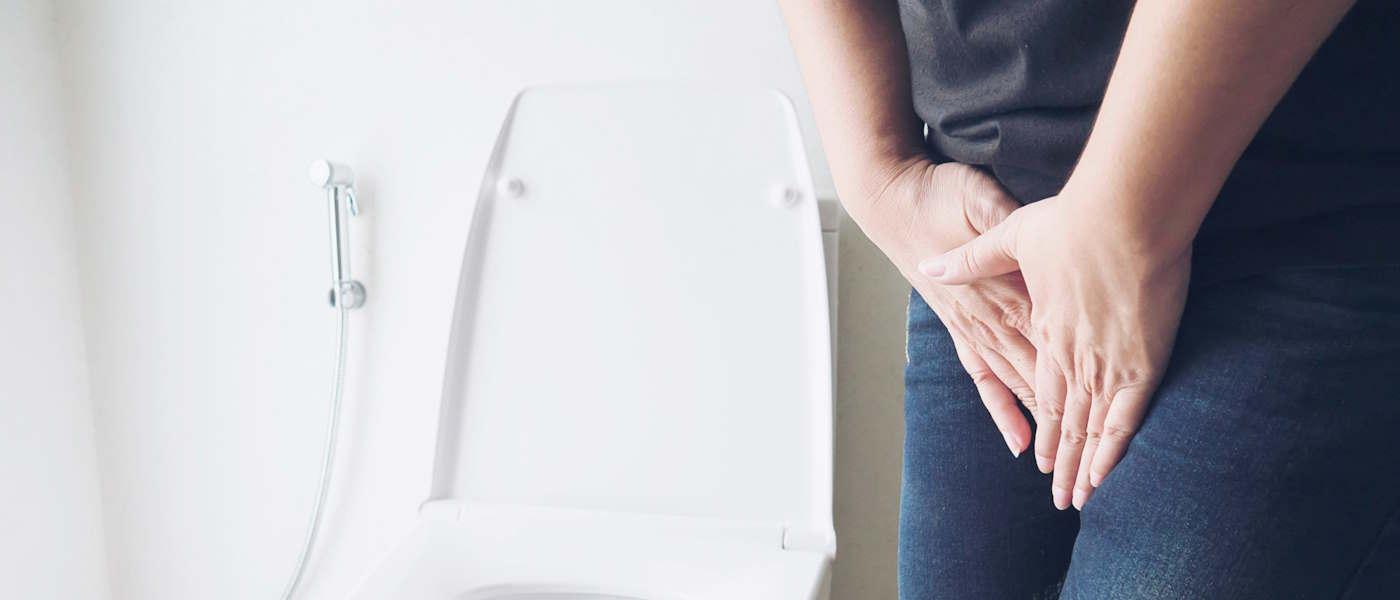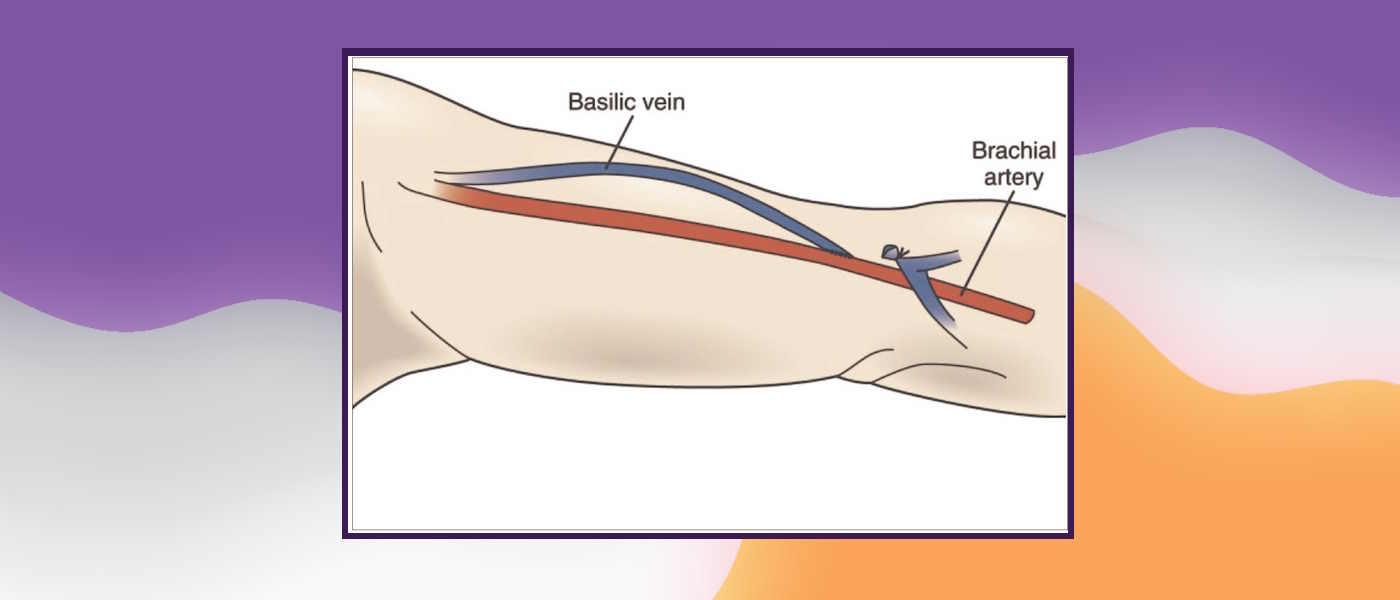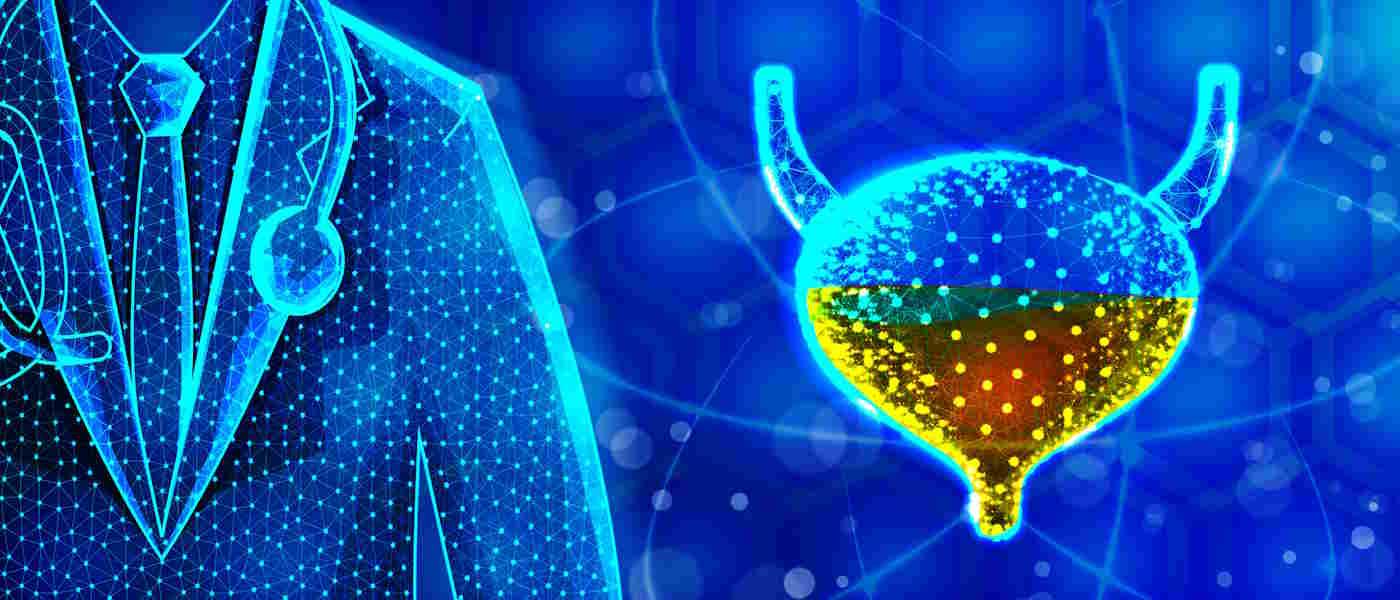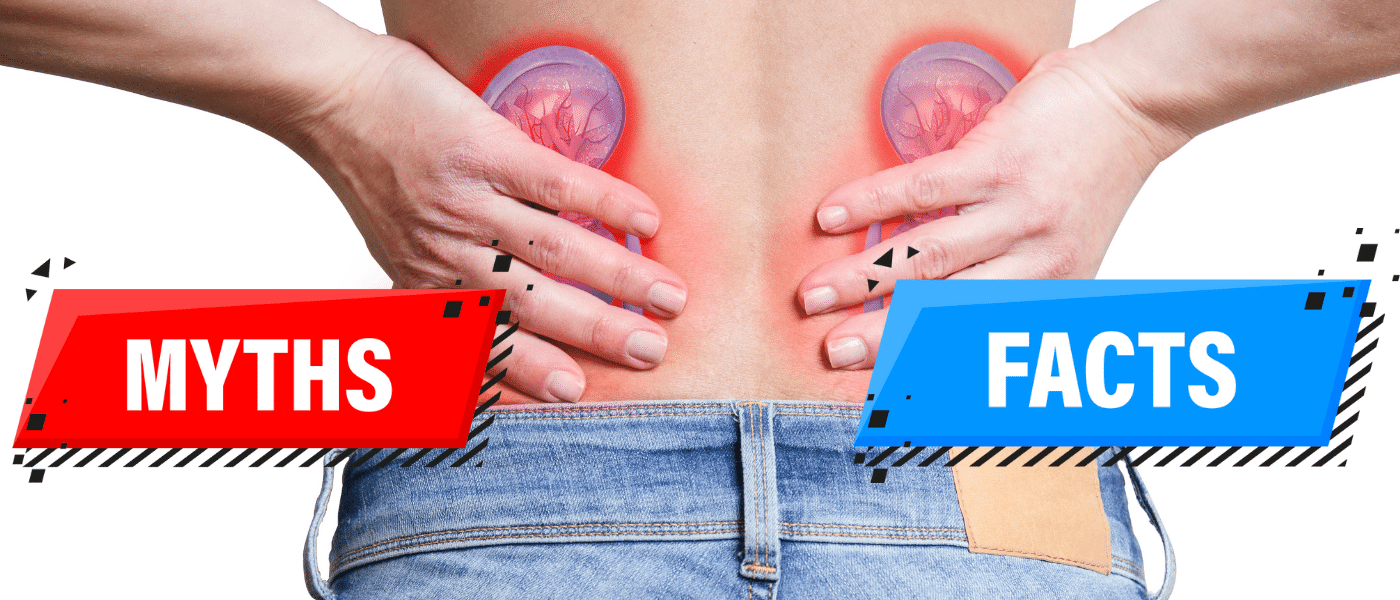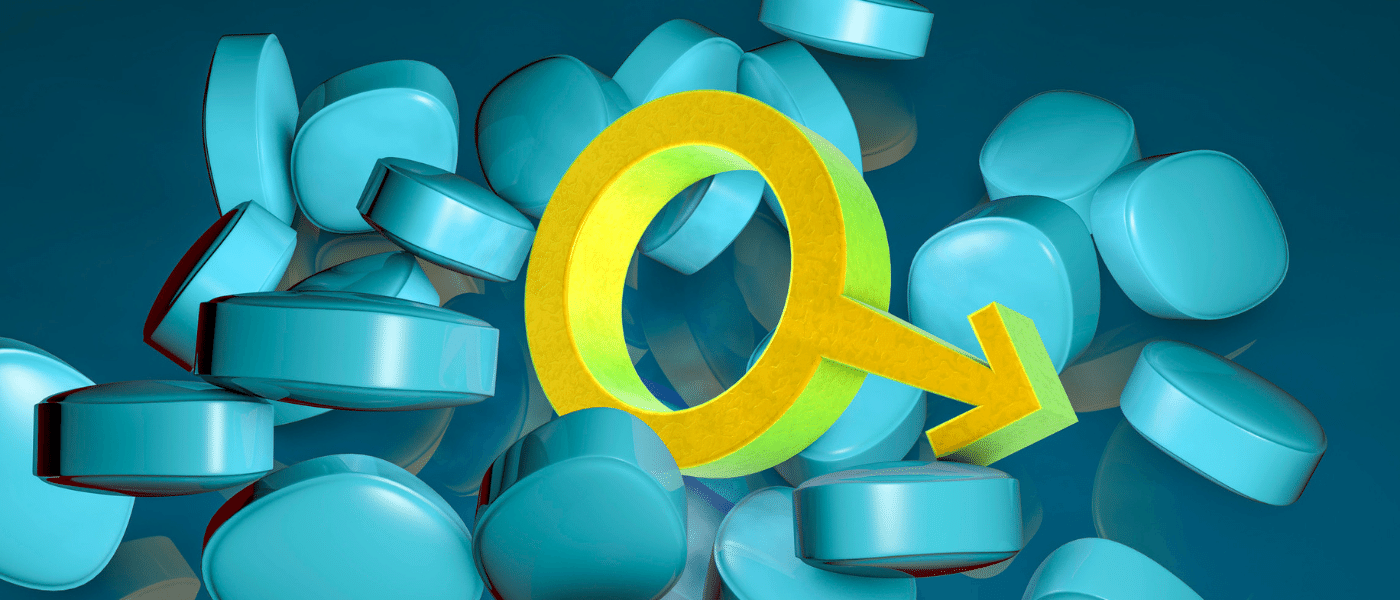Benign Prostate Hyperplasia (BPH)
Benign Prostatic Hyperplasia (BPH), also known as prostate gland enlargement, is a common condition that affects aging men. It occurs when the prostate gland, which is a walnut-sized gland located below the bladder, grows in size. This enlargement can lead to various urinary symptoms due to the gland pressing against the urethra (the tube that carries urine from the bladder out of the body). BPH is a non-cancerous condition.
Here are some frequently asked questions by the patients regarding benign prostate hyperplasia:
What is BPH (Benign Prostatic Hyperplasia)?
Answer – It is...

